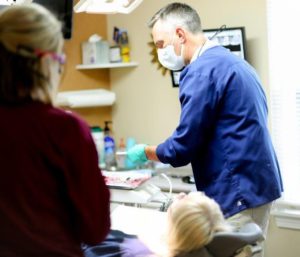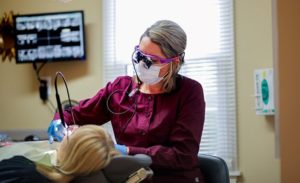50% consider the smile the first facial feature they notice.
80% are not happy with their smile.
Smile enhanced procedures outnumber eyelid surgeries 5 to 1.
32% of Americans cite bad breath as the least attractive trait of their co-workers.
38.5 total days an average American spends brushing teeth over lifetime.
73% of Americans would rather go grocery shopping than floss.
60% of people don’t know that a sore jaw, when combined with chest pain, can signal a heart attack, especially in women.
Dentists recommend that a toothbrush be kept at least six (6) feet away from a toilet to avoid airborne particles resulting from the flush.
A toothpick is the object most often choked… (Read More)


